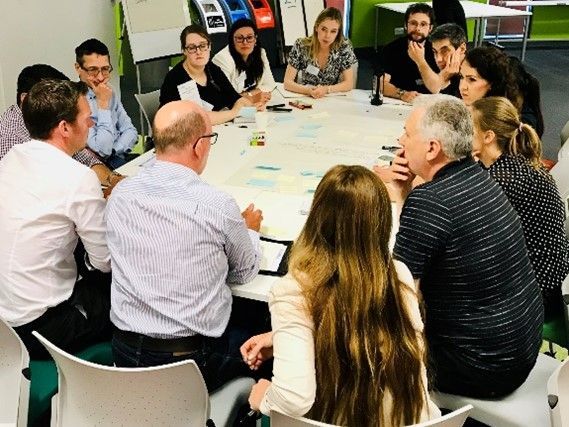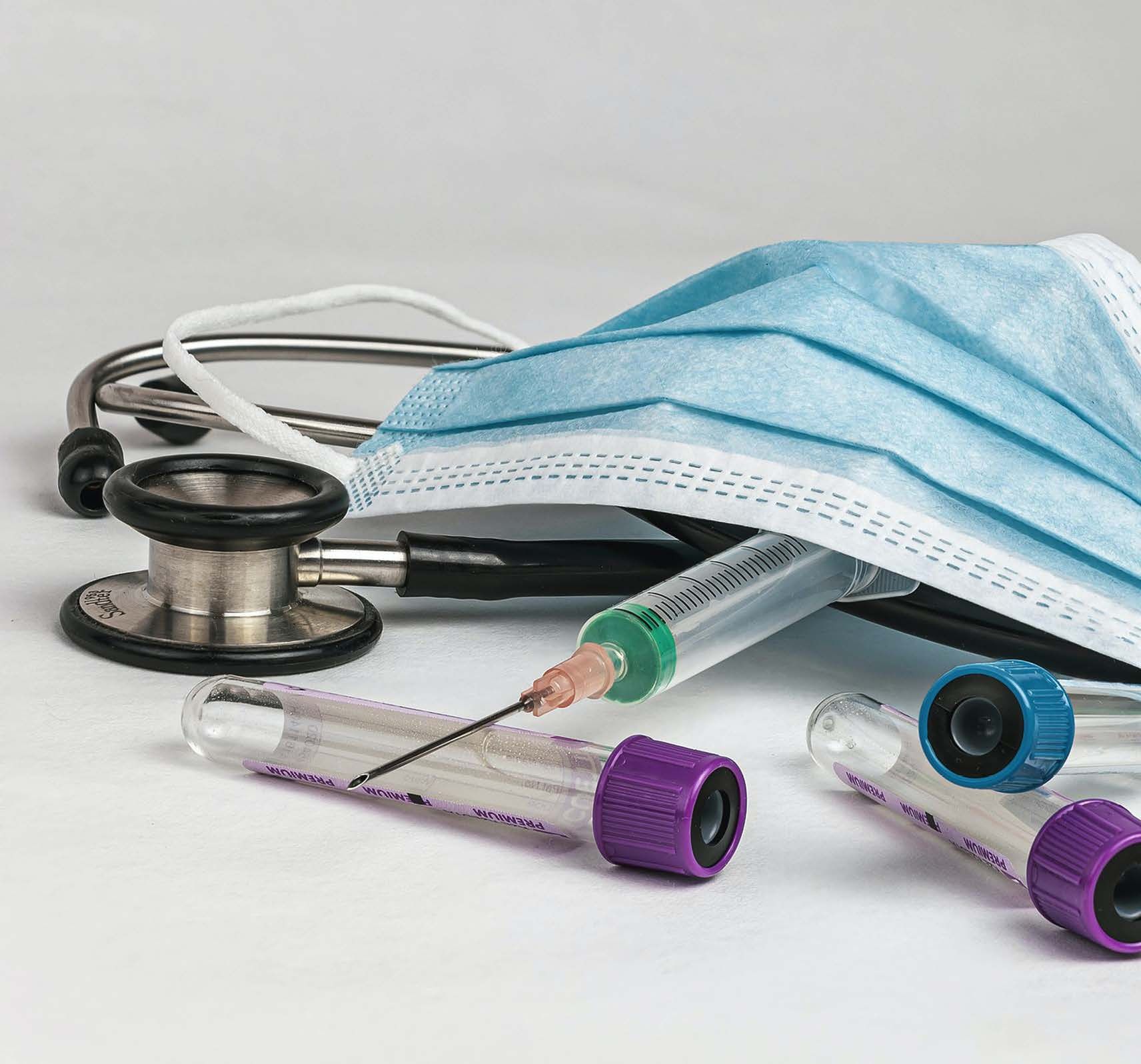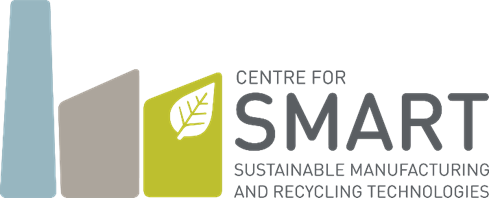Workshops & Webinars
Workshops & Webinars
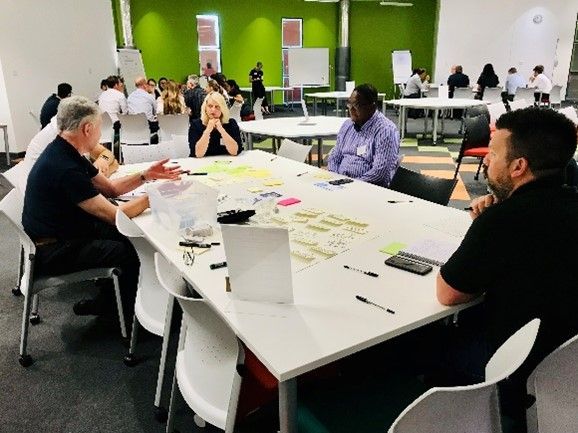
By NM286571
•
December 12, 2024
“Circular Economy Solutions for Small Medical Devices using Operational Models” Online Workshop, 2 December 2024 The ReMed online workshop ‘Circular Economy Solutions for Small Medical Devices using Operational Models’, was successfully held on December 2nd, 2024, from 1:00 to 2:30 pm. Organised by Professor Antuela Tako (ReMed Project Co-Lead for Business and Operations) from Nottingham Business School, this interactive event attracted a diverse audience, approximately 80 participants from the UK and beyond. Attendees on the day included industry representatives, in key sustainability and circular economy roles from NHS England, Scotland, regional NHS trusts, as well as academics, researchers and postgraduate students interested in the topic. The workshop aimed to disseminate our research findings, to gather feedback from the audience and to discuss the opportunities and challenges related to sustainability and circularity of healthcare supply chains. The workshop was structured in two parts. In the first part Prof Tako and Dr Mohd Shoaib, Research Associate in the project, presented the key research findings from their Circular Economy Supply Chain models. They focused on two ReMed case study products; laparoscopic scissors and inhalers. Their analysis offered insights about the behavioural and operational implications of circular economy adoption in the healthcare supply chain. The models report on financial, operational, and environmental outcomes for different circular economy scenarios. In addition, a live demonstration of the supply and recovery chain model of laparoscopic scissors developed by the team was offered. A simplified version of the simulation model is available on the cloud, which can be accessed through the following link: (https://cloud.anylogic.com/model/7f91bc38-ff72-4319-8f02-a5c619806af8). A brief demonstration on how to access the model on the cloud was shared with the participants. Interested users can use this model to directly interact and experiment with different scenarios, offering the opportunity to perform experiments with customised data. The second part of the workshop featured a panel discussion with industry experts led by Prof Antuela Tako focused on the role of decision support models in advancing the circular economy adoption in healthcare. We were delighted to welcome Daniel Coole, Managing Director (Surgical Holdings), Jenny Drake, Sustainability Manager (Sussex Community NHS Foundation Trust), Janet Smith, Head of Sustainability (The Royal Wolverhampton NHS Trust & Walsall Healthcare NHS Trust) and Tsanko Dimov, Senior Net Zero Delivery ManagerGreener NHS. The panel highlighted the importance of using data-driven models in translating circular economy concepts into actionable strategies. Further discussion covered the challenges and potential solutions for broader implementation of circular economy principles in healthcare. The panellists also engaged with the audience, responding to inquiries and providing deeper insights around NHS targets for reducing waste, optimising material use beyond carbon cost, methods for calculating the environmental impact of supply chains and the need for a decontamination gap analysis to achieve the change from single use to circular economy. Furthermore, the experts highlighted the importance of collaboration among industry stakeholders, practitioners, and academia to drive systemic change. Feedback from the attendees was very positive who found the workshop very informative and commended the impactful work done in the field. The team greatly appreciates the support from industry partners and the numerous individuals who contributed to this work. We also thank the audience for their valuable feedback and warmly welcome any inquiries or opportunities for future collaboration. Link to presentation slides.
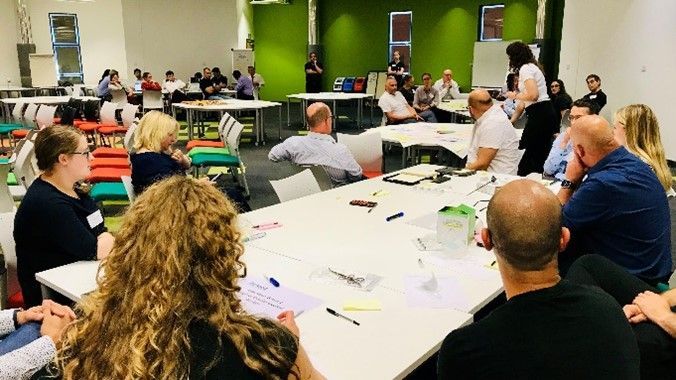
By NM286571
•
December 12, 2024
Workshop on Circular Economy of Materials - July 2024 The circular economy materials workshop, part of ReMed, was conducted on 22 nd July 2024. ReMed researchers at the University of Leeds organized the workshop. The workshop focused on selecting key criteria for circular materials selection in medical devices. The medical device stakeholders, which included design engineers, materials supply, regulatory experts, manufacturers, and academia, discussed key criteria and rated their relative importance. The stakeholder's input is crucial since materials selection often involves conflicting and non-commensurable criteria. Furthermore, the stakeholders reviewed how each criterion can be quantified (e.g., material value as cost, or materials performance). Based on research, a set of criteria has been proposed. These criteria cover the entire life cycle (from materials supply to end-of-life). They are focused purely on Material considerations—with a fixed design in mind. The finalised criteria and weight were subsequently taken to build a practical framework named circular multi-criteria decision-making (MCDM). The circular MCDM serves as a tool for practitioners to select circular medical device materials encompassing all aspects of device life cycles.

By NM286571
•
November 13, 2024
Workshop on Circular Economy Solutions for Small Medical Devices through Modelling Overview: Join us to explore the operational and behavioural factors driving circular economy adoption for small medical devices. Suitable for practitioners and academics interested in sustainable practices and small medical devices in healthcare. We present the latest findings from our data-driven decision support models of circular supply chains for small medical devices, followed by a short panel discussion with industry experts. Date: Monday, 2 December 2024 Time: 13:00-14:30 Venue: Online Free to attend! Sign up for the opportunity to take part in the discussion and contribute to the research. To register use the following link Thank you Prof Antouela Takou Nottingham Business School Nottingham Trent University
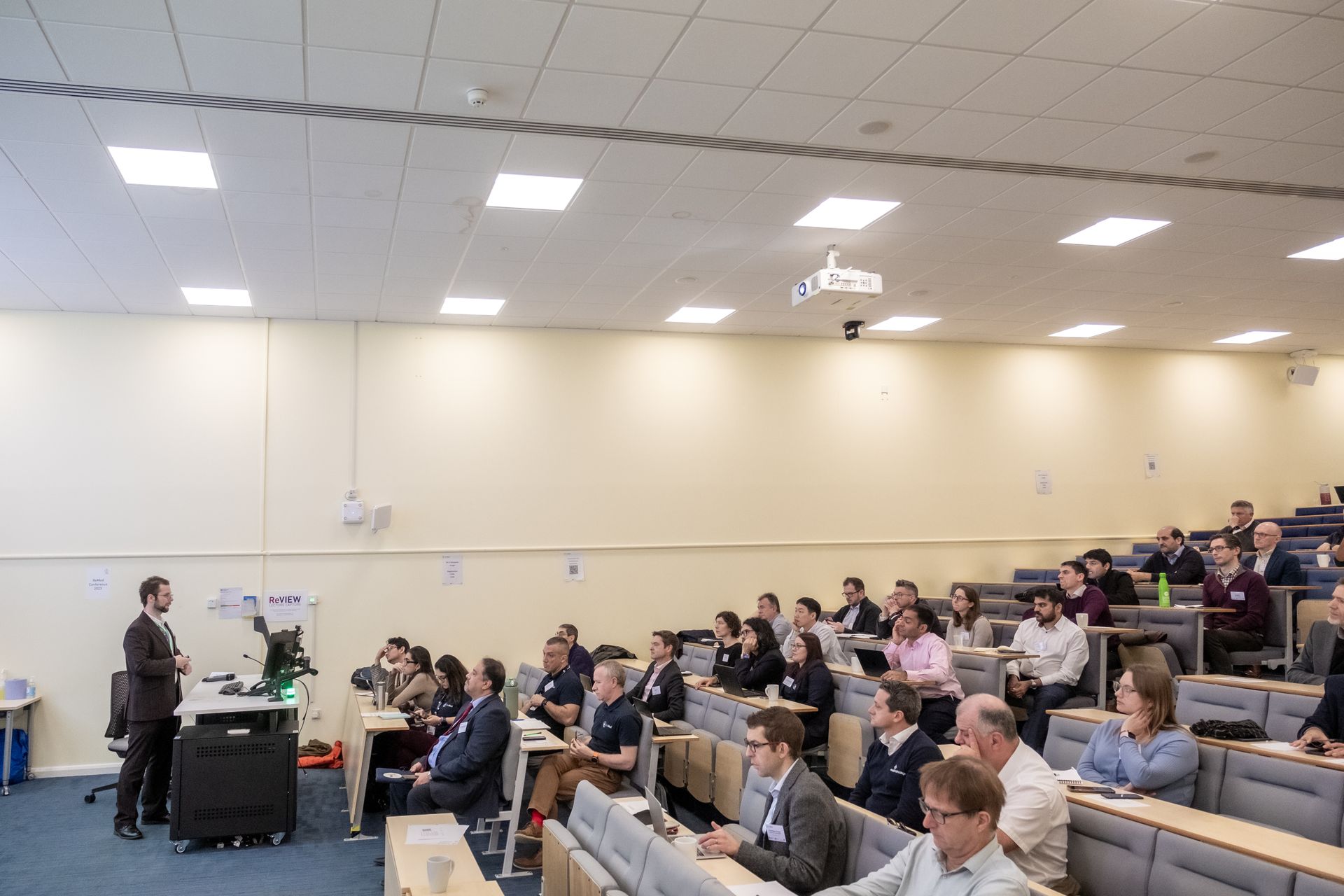
By NM286571
•
July 10, 2024
Workshop on Tools for Materials Selection in Circular Medical Devices Overview: This interactive online ReMed workshop will explore methods to select and assess materials for Circular Medical Devices. Our aim is to draw on the expertise of participants, who represent key stakeholders in medical devices, to help develop tools and guidance for circular materials selection. Background: ReMed is a collaborative EPSRC-funded research programme between Loughborough University, University of Leeds and Nottingham Trent University – looking at a Circular Economy (CE) for Small Medical Devices. The CE is a term applied over the last decade to a system in which material resources and value are retained to perform useful functions, rather than being lost in landfill or converted to energy. The research aims to create novel design and material specifications, reprocessing technologies, and digital tools to demonstrate the technical, economic, and operational viability of circular lifecycles for small Medical Devices (MDs) in the UK. Our research focuses on four case-studies, selected in consultation with industry partners, based on their value and complexity, shown here. These are representative of passive polymer MDs, metallic tools, EE delivery MDs and EE monitoring MDs. These exemplify the common challenges preventing application of the CE, being single life and infectious; lack standard product structures to aid with reused or remanufactured; and multi-materials and parts with complex geometries making high-quality material reclamation infeasible. Materials Selection for Circular Medical Devices: this workshop will focus on the materials aspects of circular MDs. The process of materials selection for single-use medical devices is well understood, using criteria which typically prioritise upfront costs and immediate performance. Moving towards ’Circular’ MDs requires consideration of new factors spanning the entire lifecycle of a device, from manufacture through to re-use and End-of-Life. We are developing decision-making tools, intended for those designing medical devices, to guide the process of 1) identifying 2) selecting and 3) assessing materials appropriate for circular MDs. The Materials Workshop Aim is to draw on industry expertise to help develop these decision-making tools, ensuring that they are relevant to the MedTech industry and accurately capture key considerations in materials selection.

